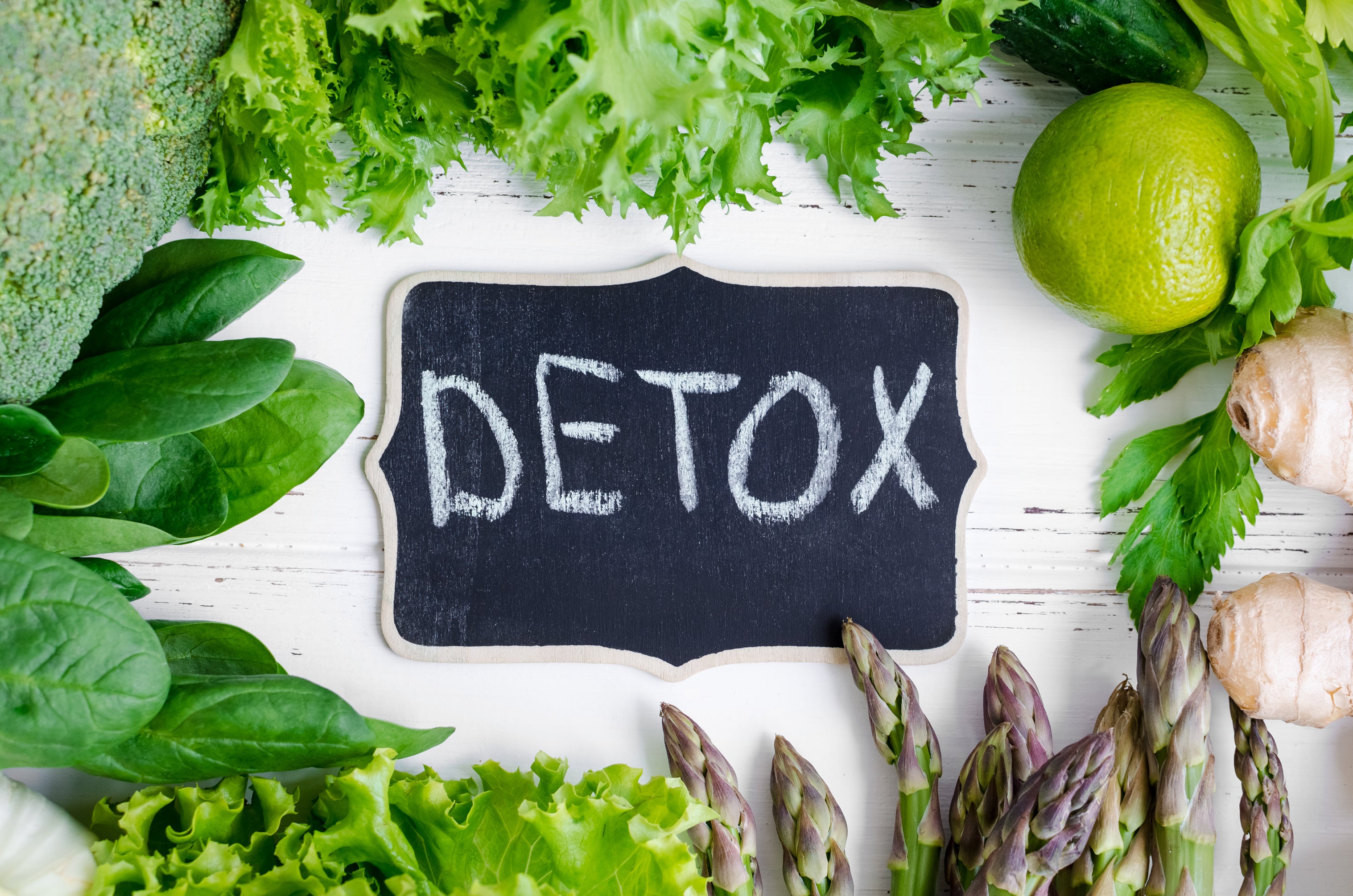Body detox - make sure you're eating these key nutrients

Body detox - make sure you're eating these key nutrients
It seems that “detoxing” is quite the buzzword these days, especially as we head into summer! It’s easy to get drawn into those ads online that claim to boost fast results within just a few days - but it doesn’t mean that it works!
Detoxing may mean following a restrictive diet achieved by extreme diet choices, or it may involve using expensive cleansing products that claim to ditch toxins, but what does detoxing actually mean? Well, it’s time to clear the noise around detoxing.
 What does detoxing really mean?
What does detoxing really mean?
The term detox has gained a whole load of meanings in recent years and has taken a whole new identity involving detox diets, juice cleanses, etc.
However, by definition, to detox means to filter the body from toxic and harmful substances - this basically means that detoxification is the body’s process of removing toxic substances. So despite all the marketing hype surrounding detoxing, the human body is constantly in some state of detox every minute of every day!
As Leading Harley Street nutritionist Rhiannon Lambert says: "The good news is that that we all already have a detoxification system. It's called the liver, and no tea or juice cleanse will do its job any better.”
Our bodies are fully equipped with a robust detoxification system made up of the digestive tract, kidneys, liver, skin, lungs, lymphatic system and respiratory system. The body’s detox system works around the clock by deactivating and removing toxins that are made both inside the body and those that come from outside the body.
What are we actually detoxing from?
From a biological perspective, toxins fall into two main categories, ones that are made within the body through normal metabolism, such as lactic acid, urea and waste products produced by microbes in the gut (aka internal toxins) and those that come from outside the body introduced by drinking alcohol, eating processed foods or through skin absorption (aka external toxins).
As you can see, we face countless exposures to toxins daily - from pollutants to preservatives, pesticides to processed foods, it’s no surprise that our bodies are always in some state of detoxification! When our natural detoxification pathways aren’t functioning at their best, it can drastically impact energy levels, digestion, skin health, mood, body odour and even our concentration.
Although it’s impossible to control the world around us and our exposure to all toxins, we certainly can lend our bodies a helping hand! The body is generally really effective at detoxifying itself. Providing the body with essential vitamins, minerals, and other nutrients is the best way to ensure proper detoxification. These nutrients are must-haves if you want to support your body’s ability to detox.
 B Vitamins
B Vitamins
Our detoxification processes are dependent on B vitamins (especially B2, B3, B6, and B12). When it comes to detoxification, it happens in two phases. In Phase 1, enzymes in our body neutralize toxins by converting them into less harmful ones. If these toxins (even though they are less harmful than what they began as) are allowed to accumulate in the liver, they can still cause harm. So, the role of Phase 2 detox is to further neutralize the toxins, converting them into a water-soluble form so they can be removed from the body.
B vitamins are specifically important to support the pathways in Phase 1 of detoxification and any deficiencies can slow this phase right down. B vitamins are also particularly important as cofactors in Phase 2 reactions.
Tip: You can easily stay on top of your vitamin B requirements by including our vitamin B complex and by eating a balanced diet rich in fresh fruits, vegetables, lentils and nuts. As the most bioavailable source of vitamin B12 is from animal products, if you’re avoiding meat for any reason, supplementation is recommended.
NAC N-Acetyl-Cysteine
N-acetyl cysteine, the supplement form of amino acid cysteine, plays an important role in the body’s natural detoxification process. It supports the production of the most powerful antioxidant in your body, known as glutathione - another nutrient essential for optimal detoxification.
By increasing levels of glutathione and combating stress, NAC may help protect against oxidative damage and protect the body from various toxins and pollutants.
 Zinc
Zinc
Zinc is an essential trace element that has many uses in the body, such as promoting cell division, DNA synthesis and immune function. It’s also an important component for detoxification, as it helps in displacing toxic heavy metals from the body.
Other trace elements that should aim to stay on top of include magnesium, selenium and copper, as they all play key roles in helping the body flush out toxins.

Riya Lakhani ANutr is a registered nutritionist and health writer with a special interest in plant-based nutrition. She has completed a Bachelor’s and Master’s degree in Human Nutrition, and has developed a passion for writing about all things plant-based.




